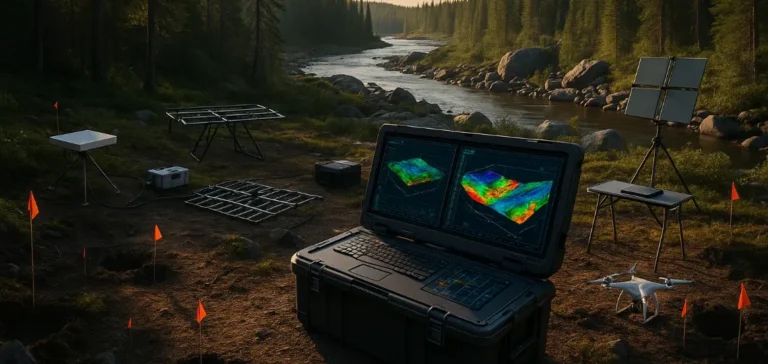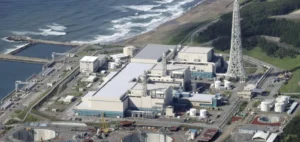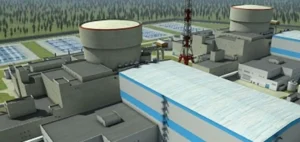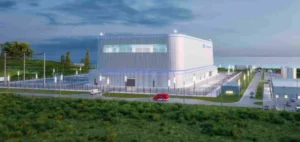Standard Uranium Ltd., a mining exploration company, has announced the implementation of a new exploration technology at its Davidson River project, located in the southwest region of the Athabasca Basin, northern Saskatchewan. Conducted in partnership with Fleet Space Technologies Canada Corp. (Fleet Space), this initiative marks the first deployment in this region of advanced ExoSphere multiphysics surveys, combining several geophysical methods to accurately characterize the subsoil and identify potential uranium extraction targets.
Innovative multiphysics technology
The ExoSphere project employs a combination of Ambient Noise Tomography (ANT), Horizontal-to-Vertical Spectral Ratio (HVSR), and gravity surveys. These techniques, grouped under the designation of multiphysics surveys, enable precise three-dimensional visualization of underground geological structures. A first survey has already been completed in one of the three targeted areas, while operations in the second area are currently underway.
This technology will notably refine existing geological models, identify lithological variations, and detect alteration signatures associated with uranium mineralization. The company specifies that this new data will facilitate better identification of potential drilling targets planned for the summer of 2025.
Priority targets identified
The Davidson River project covers a total area of 30,737 hectares in a region renowned for its high-grade uranium deposits. Three major conductive corridors are targeted by the multiphysics surveys: Warrior, Bronco, and Thunderbird. These sectors are particularly strategic due to their confirmed potential from previous geophysical exploration campaigns.
Sean Hillacre, President and Vice-President of Exploration at Standard Uranium, said: “Collaborating with Fleet Space on this programme has been very exciting. Preliminary results have our technical team eager to use these three-dimensional models to refine our future drilling targets.”
Financial details and strategic partnership
Under the strategic partnership established with Fleet Space, Standard Uranium issued seven million common shares at a deemed unit price of CAD 0.075, representing a total value of CAD 525,000. These shares, subject to legal restrictions, will become tradable from October 17, 2025.
Additionally, Standard Uranium provided further details regarding a previous capital increase. The non-brokered private placement completed on June 3 involved several directors and officers of the company, who subscribed for 1,145,000 non-flow-through units and 174,000 flow-through units.
These ongoing multiphysics surveys on the Davidson River site will continue throughout June 2025, with Standard Uranium expected to communicate detailed results in the coming weeks. The market closely observes developments of this project, which could significantly alter economic prospects for the region.






















